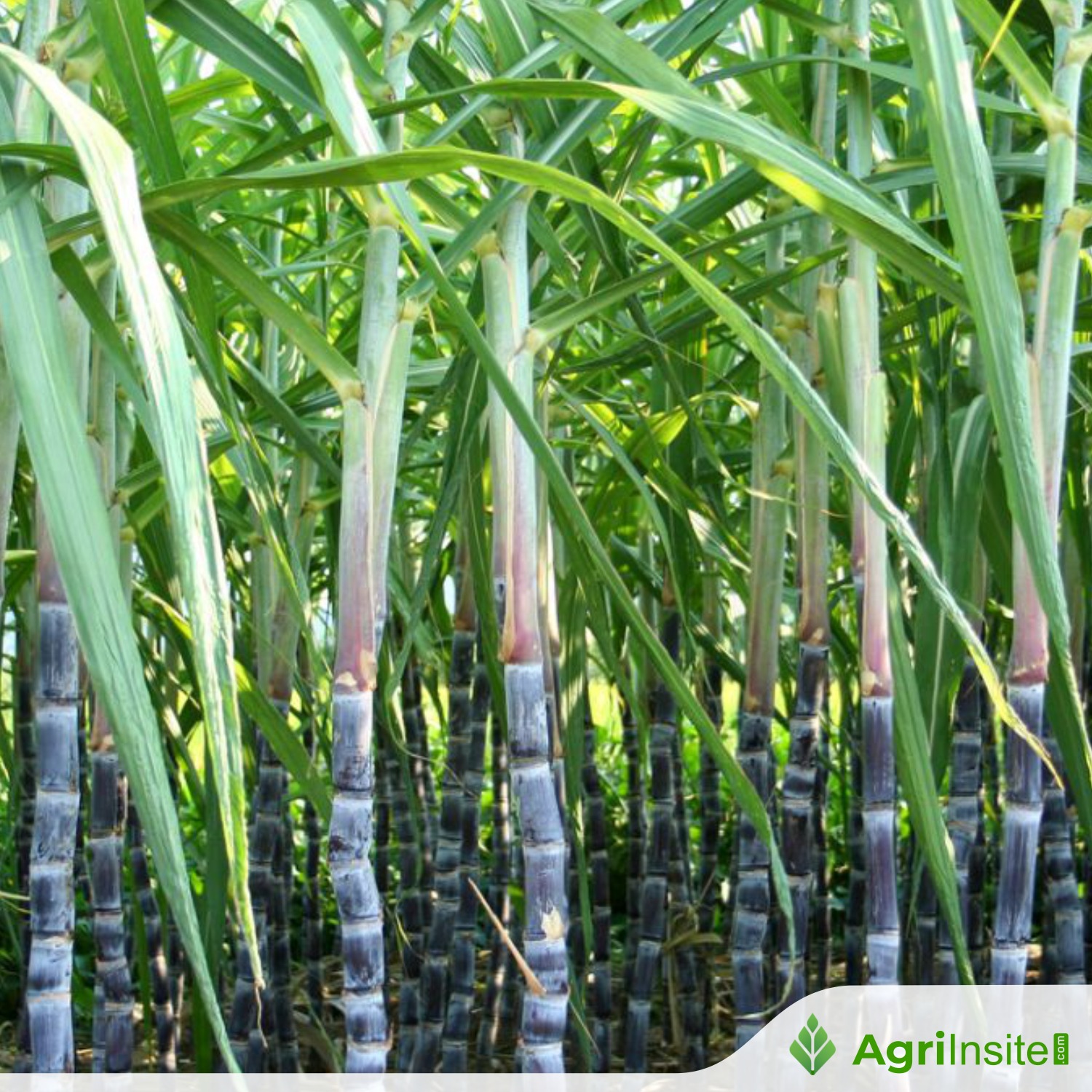Uttar Pradesh sugarcane department launches pilot project on drip irrigation

Pilibhit: Uttar Pradesh has launched a pilot project to promote drip irrigation across 45 sugarcane-growing districts, aiming to conserve groundwater and improve yields. Covering 25,000 hectares and benefiting up to 25,000 small farmers, the initiative includes up to 90% subsidies for equipment. If successful, it will expand statewide to support 5 million sugarcane growers across 3 million hectares.
Pilibhit: The Uttar Pradesh sugarcane department has started a pilot project to promote drip irrigation in all 45 sugarcane-growing districts of the state. The effort aims to conserve sub-soil water and enabling cultivation of sugarcane in alkaline and uneven fields.
Officials said the project will cover 25,000 hectares and benefit around 20,000 to 25,000 sugarcane farmers, especially those with small holdings and limited income. If successful, the project will be expanded to cover all of the state’s sugarcane-growing land, which spans about 3 million hectares and supports nearly 5 million farmers.
UP Cane Commissioner Pramod Kumar Upadhyay explained that drip irrigation, which sends water directly to the roots of plants, reduces water loss from evaporation and runoff compared to traditional methods.
“This system will keep only the plant area moist, helping to control weed growth,” he said. “It will lower cultivation costs and can increase sugarcane yield.”
Upadhyay also said that the system will make it possible to grow sugarcane even in tough conditions, such as on sloped or alkaline land.
“Because the water drips directly to the roots, the crop gets the right amount of water even in uneven fields,” he noted.
As part of the plan, the state government will give a 90% subsidy on drip irrigation equipment to marginal farmers with limited income. Other farmers will receive an 80% subsidy. District-level targets have already been set, and officials have been asked to ensure the project is carried out properly.
To Read more about Sugar Industry continue reading Agriinsite.com
Source : Chinimandi

















